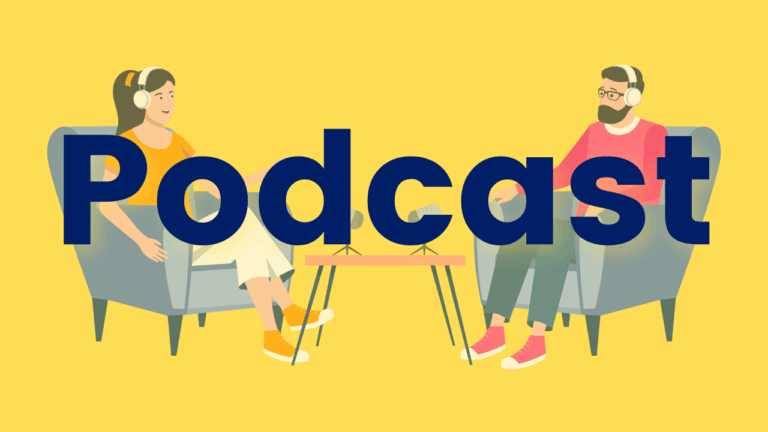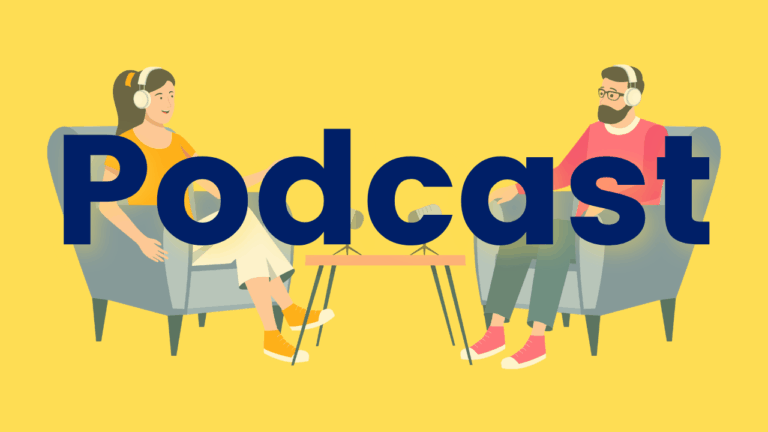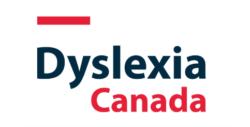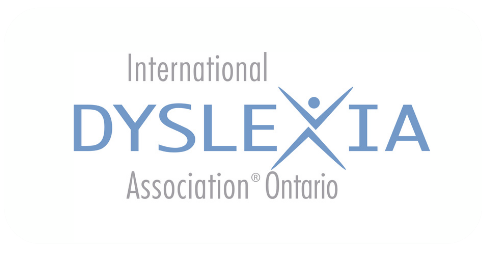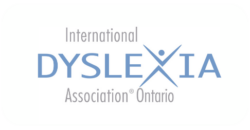Reading Road Trip: Universal Screening for Effective Instruction with Renata Archie
In this podcast episode, Kate Winn and guest Renata Archie dive into early reading screening: what is it, why is it needed, and most importantly, how it can inform instruction.

